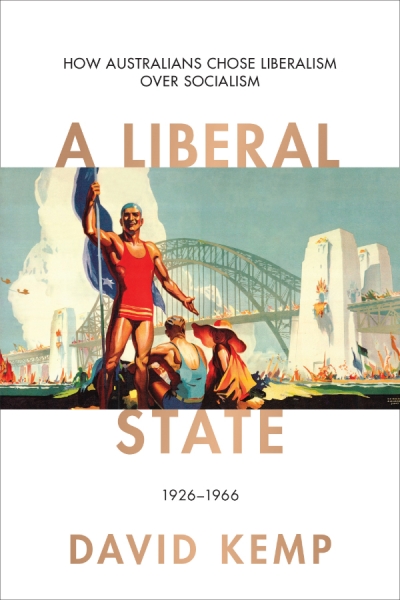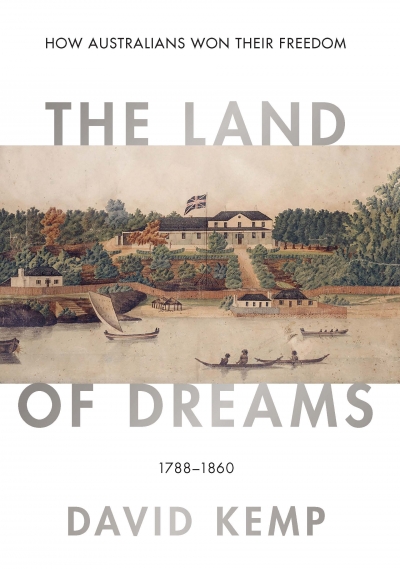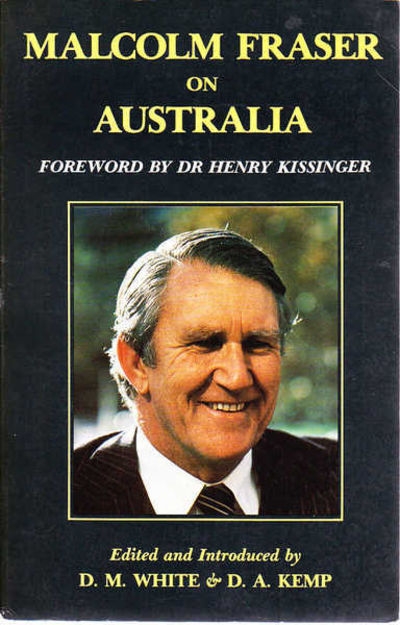There have been two major cycles in Australian political rhetoric since the war. The first occurred during the postwar reconstruction period, from 1943 until 1949, when contest over a new social order impelled an unusually clear articulation of philosophy and policies by the contenders for influence – represented in public debate by Curtin and Chifley on one hand, and Menzies on the other. The eventual ascendance of Menzies and the dominant ideas that emerged from that debate informed our political life for the next two decades. Not until the late 1960s, when the Liberal-Country Party coalition’s grasp of events slipped, and when the new problems of the modem world economic system and Australia’s precarious place within it dislodged the assumptions engendered in the 1940s, did the debate about the nature of our policy gain a new edge.
...
(read more)



